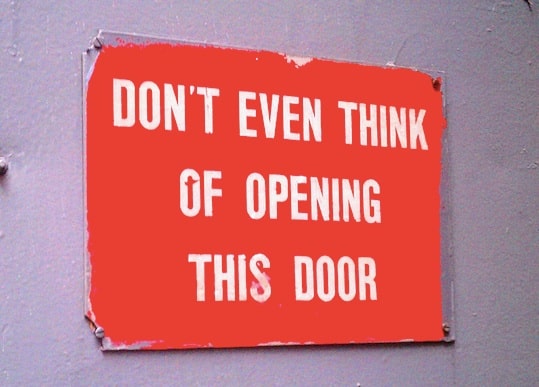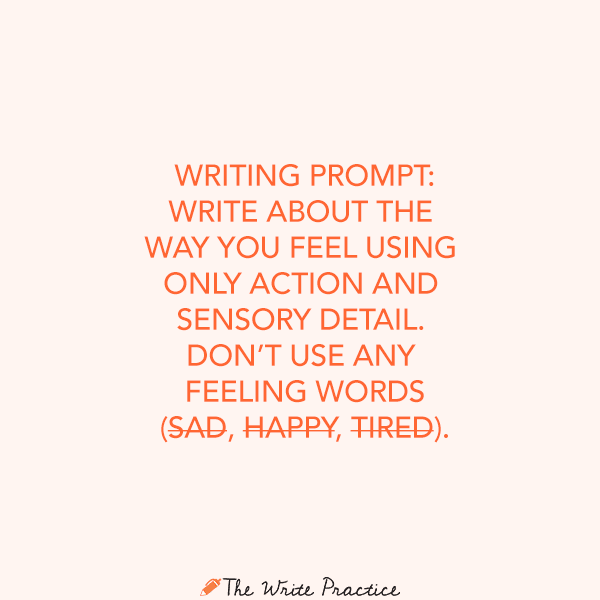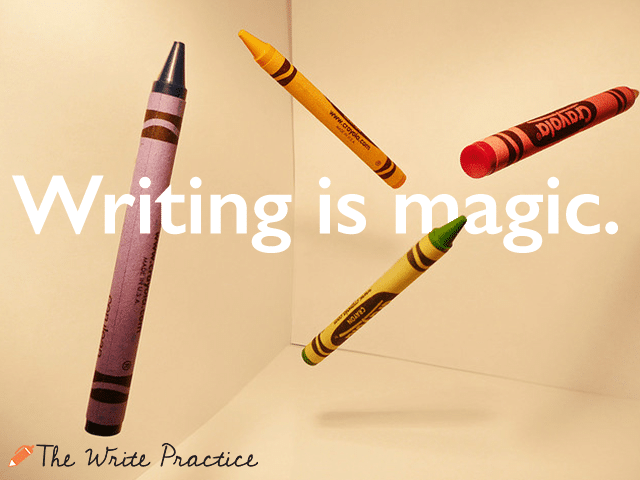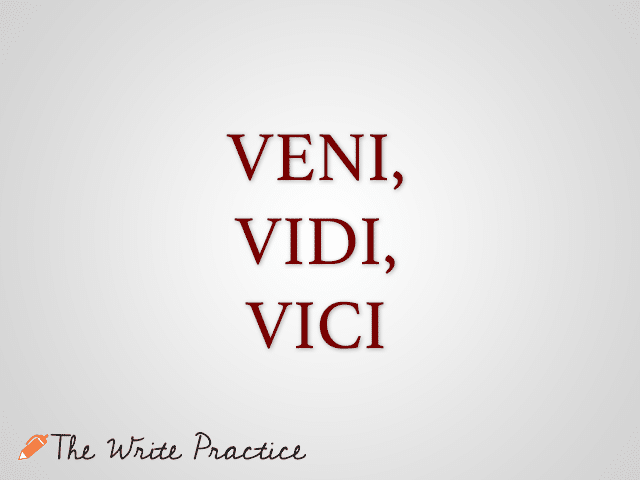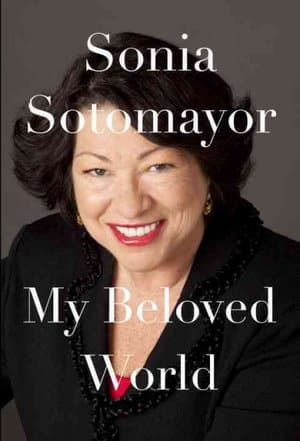A couple months ago I wanted to try something new, mix things up a bit. My wife suggested I write my next novel in real-time, for all the world to see. Grammar trolls be damned. After a day to think about it, I said I’d do it.
I was a little scared before I started, and humbled when it began, but in one more day I’ll be done with the first draft and I’ve harvested some great lessons along the way. Here’s what I’ve learned from writing a novel “LIVE”, and why you might want to try it too.
